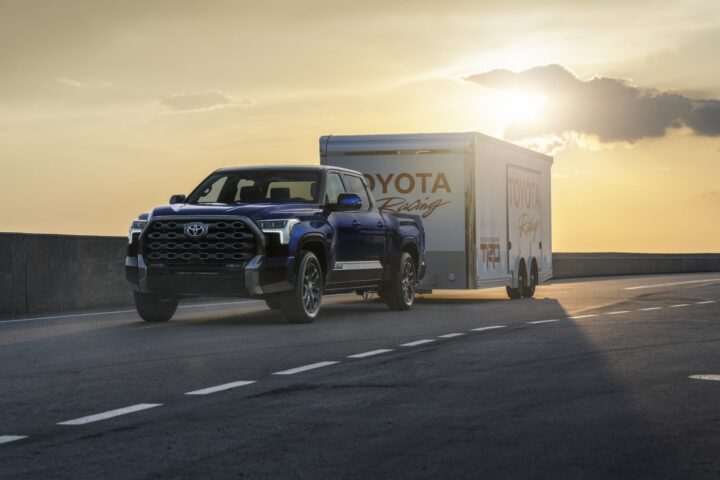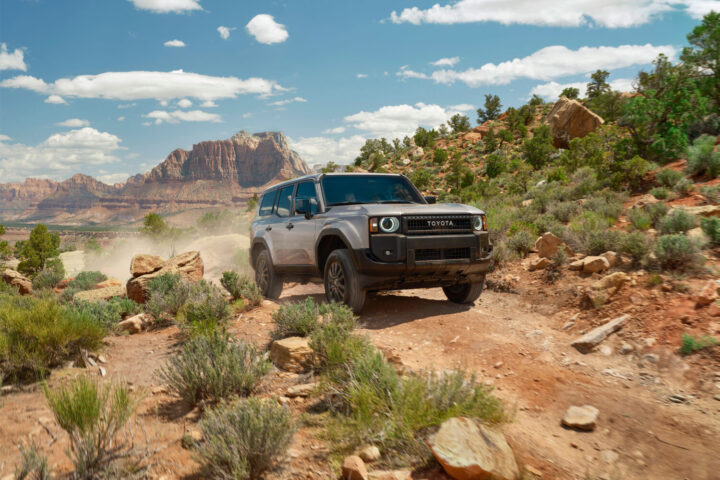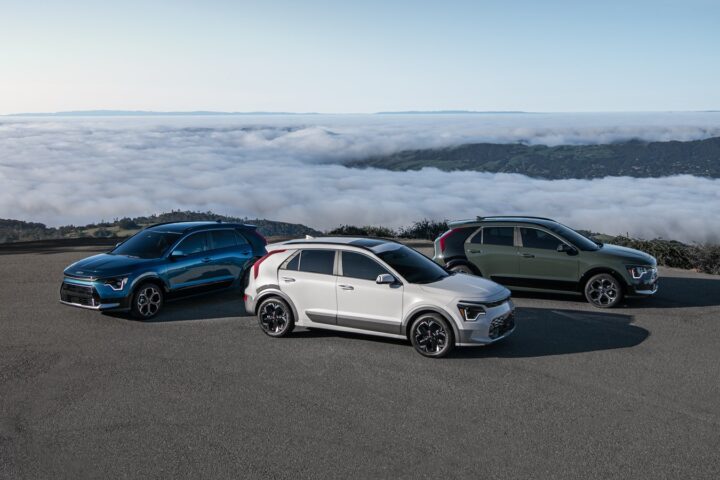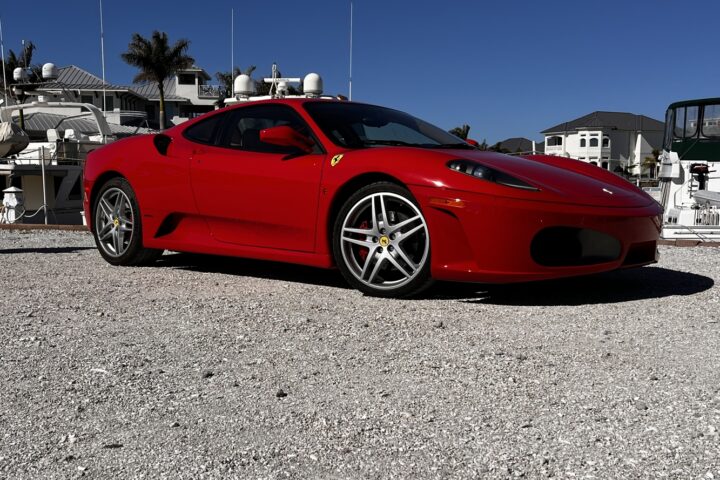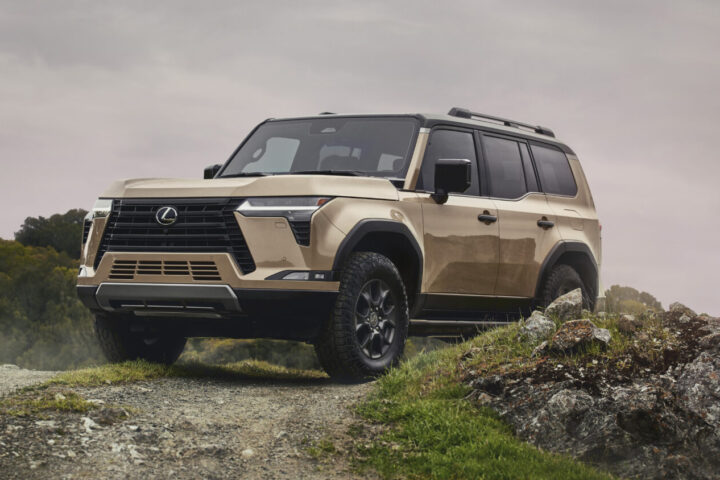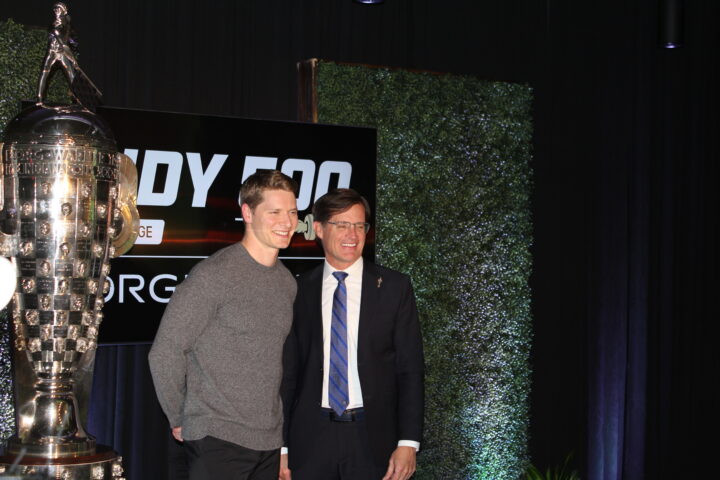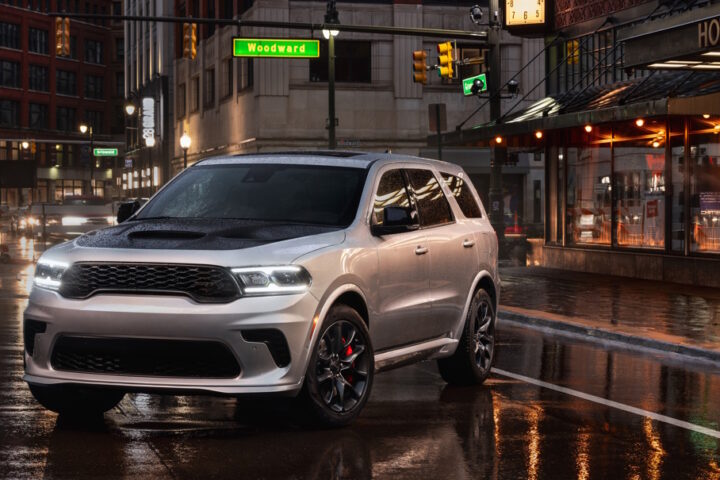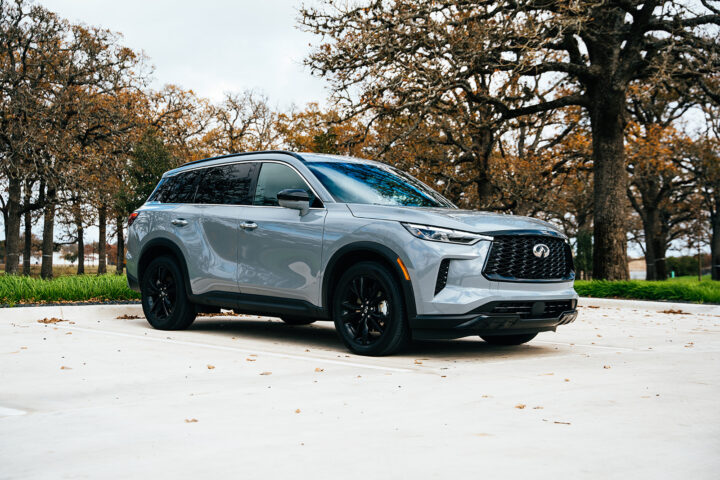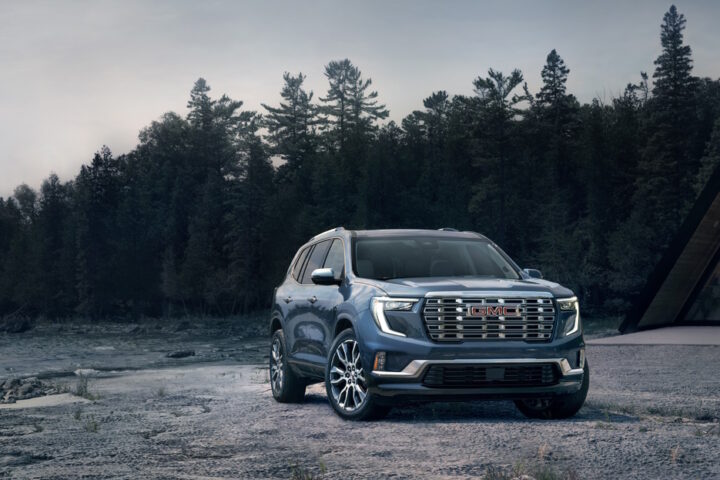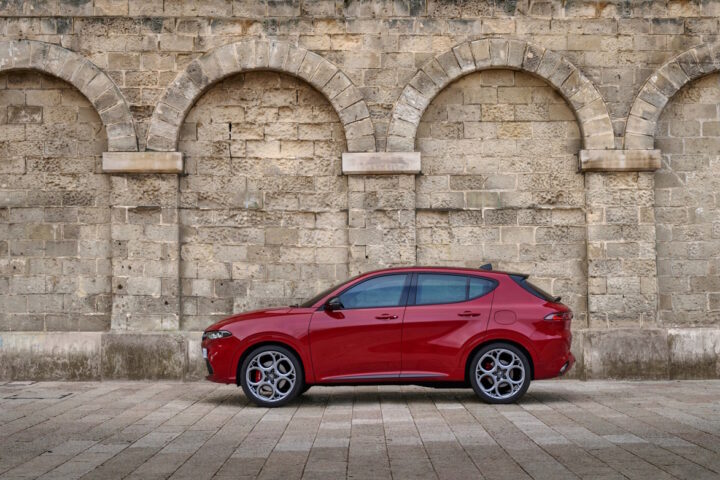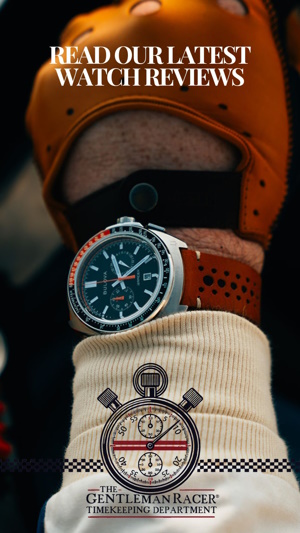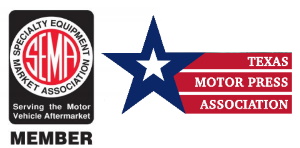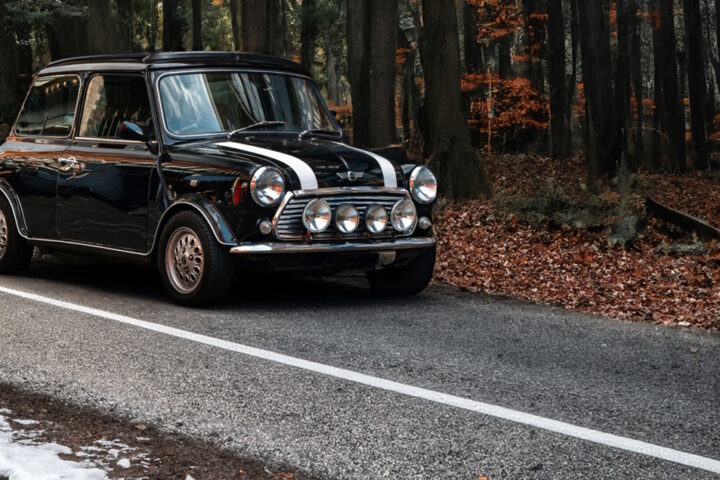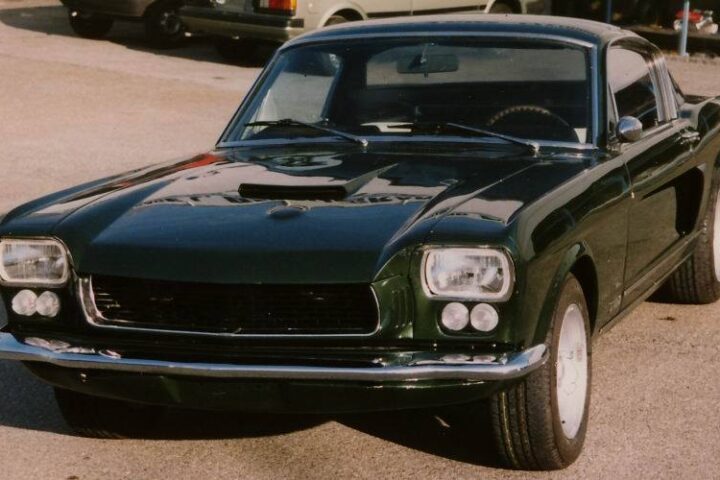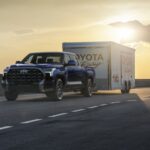Talk to any Japanese auto executive, and the official is likely to say the South Korean automaker is rapidly emerging as the most-feared competitor to Japan’s world-leading car companies. “Hyundai is awesome,” Honda Motor Co. Chief Executive Takanobu Ito said in an interview with The Associated Press this week. “They are undoubtedly a threat because their products are cheap, and the quality is improving.” Nissan Motor Co. Senior Vice President Shiro Nakamura agreed. He compared the rise of Hyundai to Samsung Electronics Co. of South Korea, which has grown to rival Japan’s Sony Corp., and said its cars were riding on their reputation for quality and affordability. It may take another decade for China’s automakers to start seriously competing with Nissan, but Hyundai was there already, he said. “Hyundai is the biggest threat for the Japanese automakers,” Nakamura said. “They have the technology, but they seem to have cheaper labor.” To compete, Japanese manufacturers need to start relying more on their creative “sensibilities” to add value to a product almost like a European designer bag, Nakamura said.
Buyers must want to pay more in the same way Japanese gourmet delicacies called “kaiseki” can command higher prices than some Korean dishes, he said. “We have to offer the equivalents of sushi, tempura and kaiseki to compete against Korean barbecue,” Nakamura said. Hyundai, which boasts Kia Motors Corp. as an affiliate, recently grabbed 5 percent global market share for the first time, despite a declining global market.
These days, Hyundai and Kia form the world’s fifth-largest automotive group and have seen sales surge in the U.S. and Europe, with only Toyota Motor Corp., the world’s biggest automaker, outselling it among the Japanese. In the U.S., Hyundai was the only one among the major automakers, including the Japanese, to record better sales last month, up 27 percent from September 2008.
YURI KAGEYAMA – Associated Press


